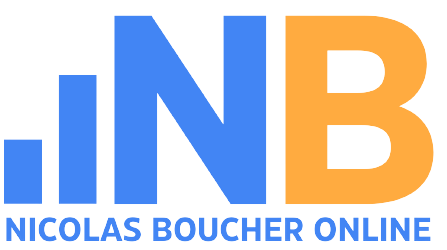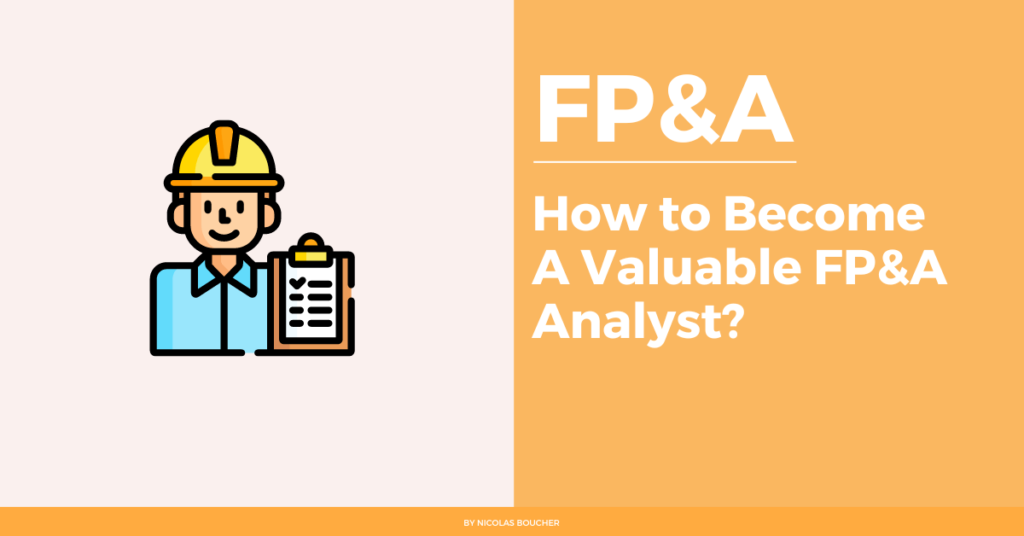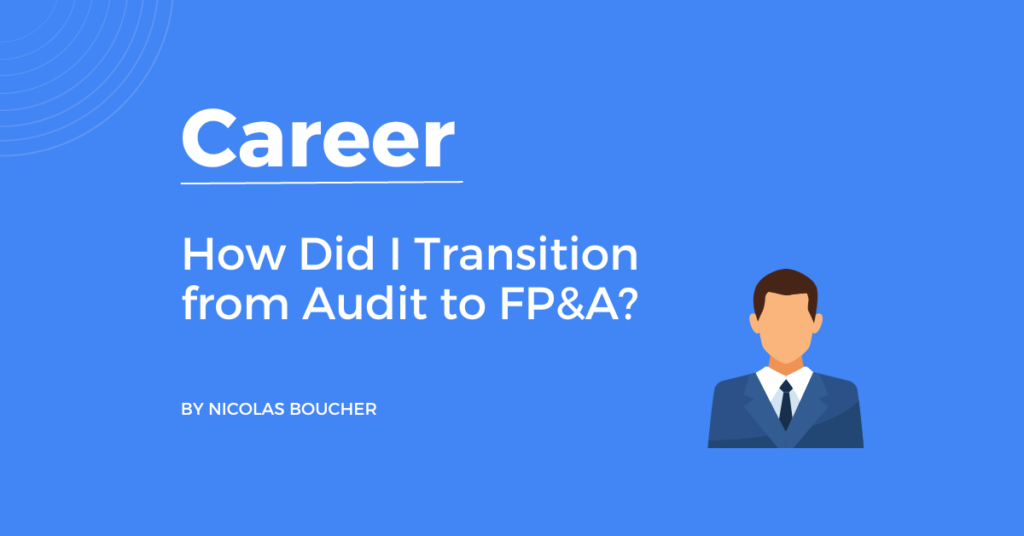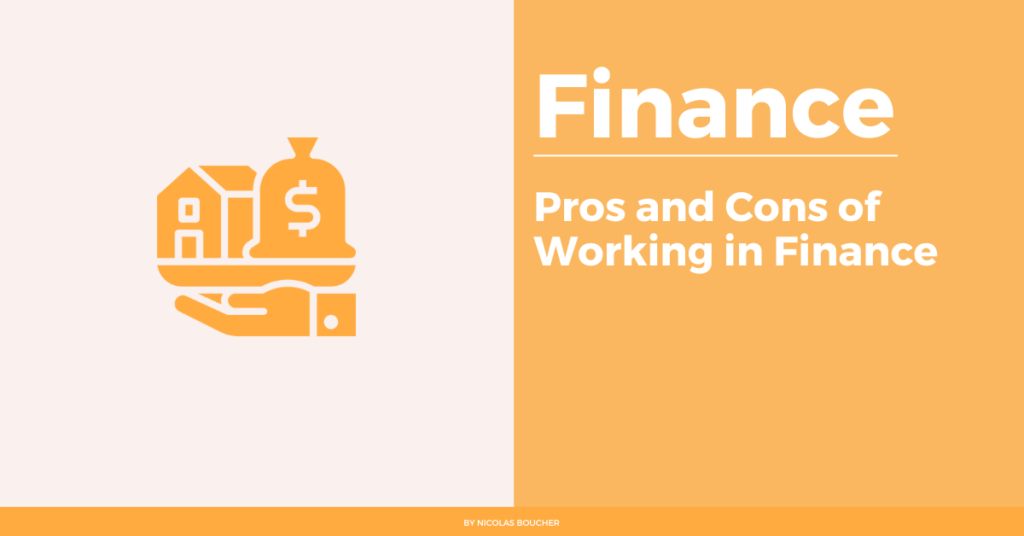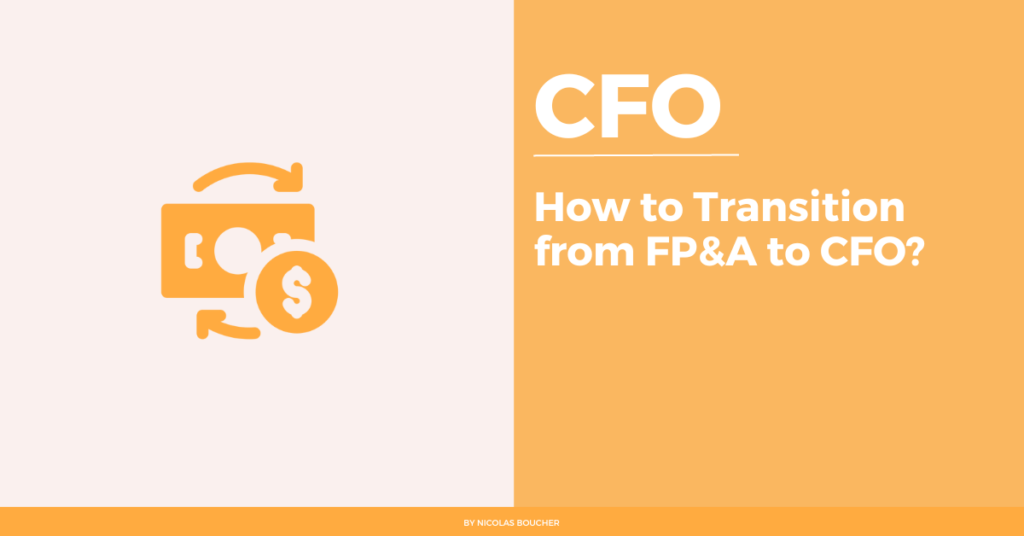A valuable FP&A analyst is a professional who is responsible for providing financial analysis and support to an organization. In addition, this can include tasks such as creating financial models, developing budgets and forecasts, analyzing variances, and supporting decision-making processes.
Also, a valuable FP&A analyst often works closely with other finance professionals, such as controllers and managers, to ensure that an organization’s financial plans align with its strategic goals.
Become A Valuable FP&A Analyst
Here is your skill roadmap to becoming a valuable FP&A analyst.
Master All The Analysis Methods
- Learn Price Volume Mix
- Use sensitivity analysis
- Know how to calculate project variance
- Combine horizontal and vertical analysis to know where to focus on
- Make Pareto your best friend
- Be the best at using B.O.T.E estimations (Back Of The Envelope)
Get The Most Out of The IT Tools
- Make the machines work for you and not the opposite
- Identify the IT champions for each software
- Know all the data available
- Automate non-added value tasks to free up more time for analysis
Know The Accounting Basics
- Understand the general accounting principles (especially revenue recognition)
- Know your accounting policies
- Be comfortable with your cost accounting methods
- Speak the accounting language to communicate with the accounting team
Manage The Budget Process
- Be the person in charge of setting up and run the budget process
- Frame the assumptions and methods
- Know the different budget and forecasting methods and use the one bringing the most value
- Be the link between all departments as well as the link between the top and middle management to ensure consistency between the strategic and operative goals
Be The Best Finance Business Partner
- Understand your operational business partner goals
- Bring non-finance data with finance data to create more insights
- Manage priorities and demand
- Be able to explain Finance to Non-Finance People
Use Storytelling to Be A Valuable FP&A Analyst
- Get the right data
- Know how to visualize ideas
- Be confident when leading finance presentations in front of executive management
- Get your message clear (“The world rewards the people who are best at communicating ideas, not the people with the best ideas” – David Perell)
The Bottom Line – Become A Valuable FP&A Analyst Soon
It took me 14 years to learn all these skills, and I am still learning every day. With strong analytical and problem-solving skills, as well as a deep understanding of finance and accounting principles, an FP&A analyst plays a crucial role in the success of an organization.
But you don’t have to wait so long to become a valuable FP&A analyst.
If you are looking to move into FP&A or just looking to be a more valuable FP&A analyst, you can take my course.
